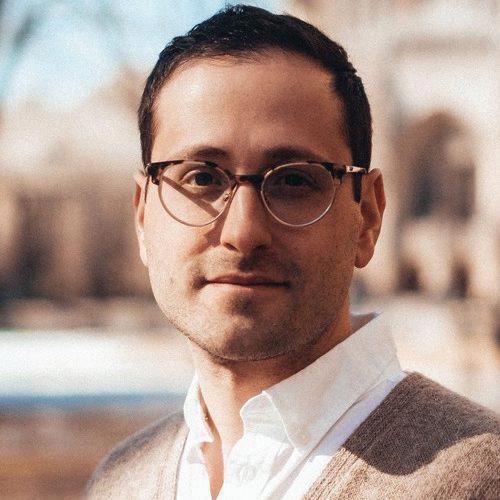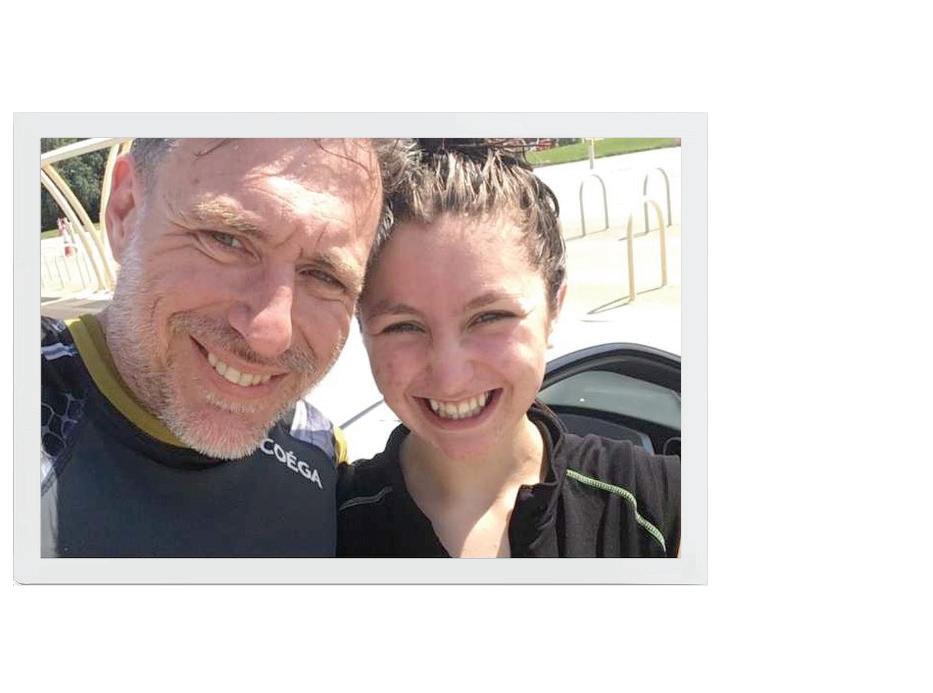A Message From
THE HEAD OF SCHOOL PETER BECK
Sometimes it feels like an oxymoron: being progressive for a century. Buxton’s been around for nearly one hundred years, but it’s been experimental from the start. How does a school stay cutting-edge when it’s actually older than most of its peers? I think the answer lies in what progressivism really means, at its core. Progressive education isn’t (or isn’t just) its specific teaching tools: holistic attention to each student, for example, or experiential learning. It’s a deep and firm commitment to the idea that tomorrow can be better than today. (As opposed to, for instance, the equally common belief that yesterday was better.) And let me stress, it’s not just some inchoate, idealistic belief that things can be better. It’s a call to action: tomorrow will be better than today—if we all make it that way. We do that with an open acknowledgment of the past: what worked, what didn’t? With an honest accounting of our present: who are we, what resources are at our disposal, what obstacles are in our way? With imaginative planning for the future: Where do we want to be? Who do we want to be? How do we get there? It’s a belief that tomorrow can be better than today, which means: a belief that Buxton can always become even better. That’s why all of our teachers are lifelong learners, always committed to knowing
more, doing more, and sharing more of the subjects we care about. That’s why our students seem to be growing at lightningspeed, constantly becoming more creative, more caring, more thoughtful versions of themselves. That’s why our alums are such outsized forces in their communities, endlessly building, shaping, helping. So that’s how you stay cutting-edge for a century. Without ever feeling a need to reinvent everything, you are always open to improving anything. Indeed, you are committed to that improvement. To knowing: we can always be kinder and more equitable, we can always dig deeper and learn more, we can always build, and become, and grow more—together. Last year several students and teachers started a Fermentation Club, a gathering place for all the bakers and picklers among us. Watch a student or faculty baker pour off most of an old sourdough starter to make room for new flour and water. But watch, too, how they make sure to leave some of the starter behind, as a leaven for the next generation. That’s how you make something very old feel very new, all the time. 3










